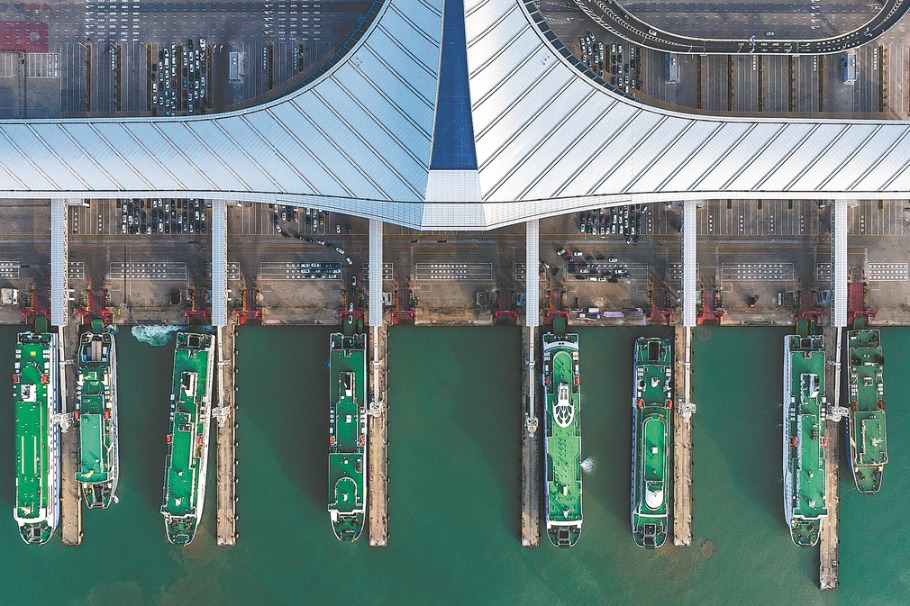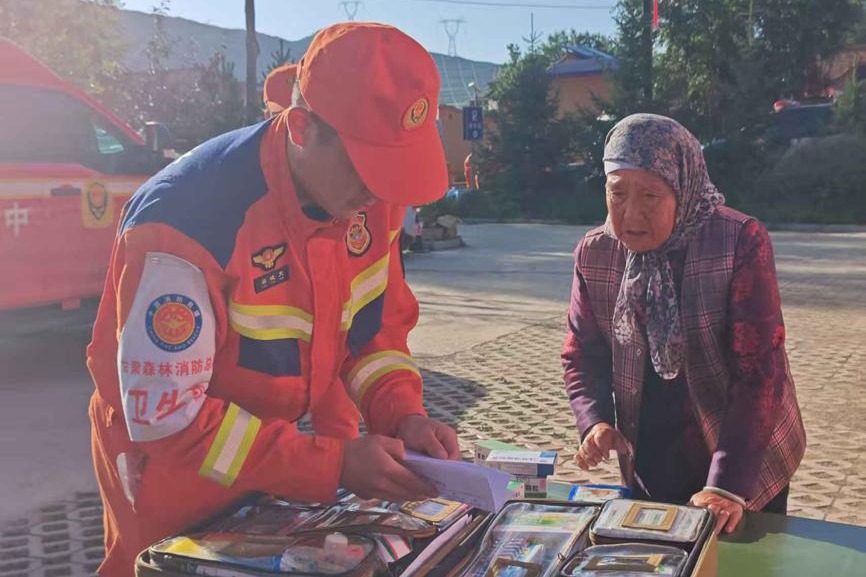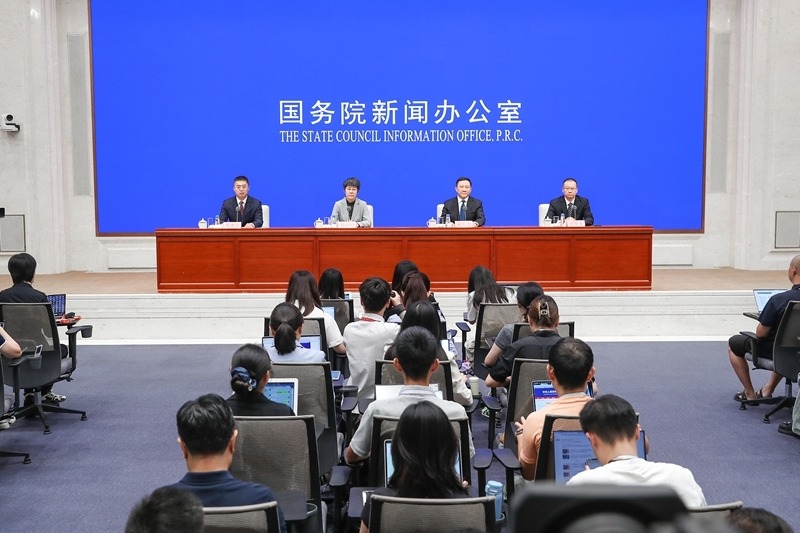Mutual certificate recognition opens up global opportunities for seafarers

China is broadening international job opportunities for its more than 2 million seafarers through expanded cooperation under the Belt and Road Initiative, officials said.
The country has signed mutual recognition agreements for seafarer certificates with 30 countries, including Thailand, Italy, Serbia, the United Arab Emirates and Kuwait, according to Guangdong maritime authorities.
These agreements allow Chinese crew members to work more easily on foreign-flagged vessels and mark growing international acceptance of China's maritime workforce.
"Mutual recognition of seafarer certificates may sound simple, but it is key to removing the barriers that limit cross-border employment for crew members," said Jin Lei, an official with the Guangdong Maritime Safety Administration.
"It's like opening a locked door — mutual recognition is the key that allows Chinese seafarers to access the global market. That's why we've actively engaged countries involved in the Belt and Road Initiative and within 'South-South' cooperation, pushing forward talks and technical evaluations to reach agreements with more than 10 nations," he said.
China is the world's largest maritime nation and has one of the biggest seafarer populations. As of the end of last year, the country had about 2.04 million registered seafarers, according to the 2024 China Seafarer Development Report, released by the Maritime Safety Administration of the Ministry of Transport in June.
The recognition agreements, along with increased demand for trained crew, have helped boost overseas job placements. The number of Chinese seafarers employed abroad rose by about 15.5 percent in 2024 compared with the previous year, maritime data shows.
Many of these crew members are working in countries and regions involved in the BRI, which focuses on trade and infrastructure cooperation across Asia, Africa and Europe.
"These seafarers are more than just workers — they're playing an important role in connecting economies and supporting global shipping," Jin said.
"China has built the world's largest merchant fleet and port cluster," said Liu Wei, the transport minister, at a conference in July.
"We now handle roughly one-third of global seaborne trade. The rise of the maritime economy continues to inject momentum into global commerce," he said.
China is in talks to expand mutual recognition with more countries, including Saudi Arabia and Egypt. Officials said the move will help Chinese seafarers compete in a broader international labor market and support the global maritime industry's recovery and growth.
- Mutual certificate recognition opens up global opportunities for seafarers
- Creative university acceptance letters spur social media frenzy
- Love of konghou leads to conservatory enrollment
- Unwed mom's rejection sparks subsidy debate
- China releases mandate on natural assets at national parks
- Astronauts unpack new spacewalk suits, supplies



































